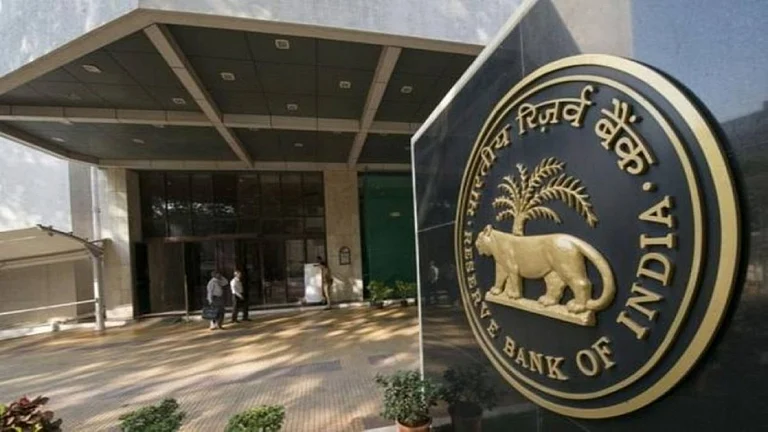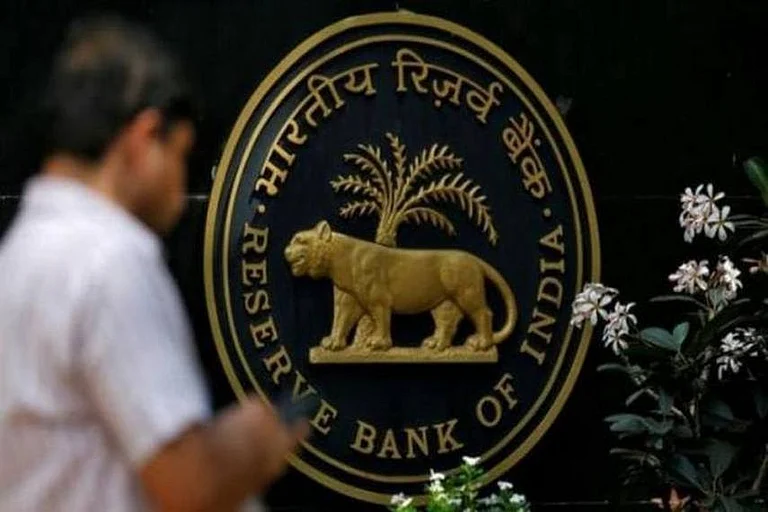If you have been experiencing issues with your bank and your complaint has been rejected without a satisfactory response or no response at all, you can escalate the matter to a higher authority within the bank branch and then to the RBI Banking Ombudsman. Common issues might include problems with opening or closing bank accounts, uncredited fixed deposit maturity proceeds, unreversed demand drafts, or unresolved credit card cancellations. But if your bank does not address your complaint promptly, you can escalate the matter to seek resolution.
Where To Go If Your Complaint Is Rejected Or You Are Unsatisfied With Your Bank’s Response?
If your bank rejects your complaint or does not provide you with a satisfactory resolution, you have the option to escalate the issue to the banking ombudsman and subsequently to the RBI Ombudsman
In 2021, the Reserve Bank of India (RBI) established the Reserve Bank - Integrated Ombudsman Scheme (RB-IOS) to address customer grievances in a cost-effective and timely manner. This scheme was implemented in November 2021, and under it, the customer should first approach the regulated entity (RE) to lodge their complaint. If no satisfactory resolution is given by them, the matter can be escalated.
As per RBI's updated frequently asked questions about The Reserve Bank - Integrated Ombudsman Scheme, 2021, in January 2025: “For redress of his grievance, the complainant must first approach the concerned RE, if the RE does not respond within a period of 30 days after lodgment of the complaint or rejects the complaint wholly/partly or if the complainant is not satisfied with the response/resolution given by the RE, the complainant can lodge his complaint under the RB-IOS, 2021”.
REs refer to the entities regulated by the RBI, including banks, non-bank financial companies registered with RBI, credit information companies, payment system participants, and most primary urban cooperative banks.
What Is The Integrated Ombudsman Scheme?
The RB-IOS is an integrated scheme that combines three previous Ombudsman schemes: the Banking Ombudsman Scheme, 2006, the Ombudsman Scheme for Non-Banking Financial Companies, 2018, and the Ombudsman Scheme for Digital Transactions, 2019. Before the launch of the RB-IOS in November 2021, these separate schemes managed different types of complaints. The purpose of the RB-IOS is to provide customers with a cost-free method for redressing complaints related to service deficiencies in REs.
Who Is The RBI Ombudsman?
While RB-IOS is a scheme, RBI Ombudsman is a person, a senior official appointed by RBI to redress customer complaints against REs regarding deficiencies in service. A deficiency in service is defined as a shortcoming or an inadequacy in any financial service or such other services related thereto, which the RE is required to provide statutorily or otherwise, which may or may not result in financial loss or damage to the customer.
The Ombudsman operates under the RB-IOS (Reserve Bank - Integrated Ombudsman Scheme), which outlines the procedure for filing complaints. According to the RB-IOS 2021 Scheme annual report for 2022-23, the total number of complaints increased by around 68 per cent in 2022-23, totalling 703,544 compared to 418,184 complaints in the previous year.
How To Lodge A Complaint?
Customers can file complaints regarding any RE service-related issue themselves or through an authorised representative
One can register the complaint online on the RBI’s CMS portal https://cms.rbi.org.in
Alternatively, one can submit a complaint in writing through a letter as per the prescribed form and send it to ‘Centralised Receipt and Processing Centre, 4th Floor, Reserve Bank of India, Sector -17, Central Vista, Chandigarh – 160017’
One can also send an email with full details of the matter and send it to crpc@rbi.org.in
While service deficiencies can relate to various issues, the RBI Ombudsman does not accept all complaints for redressal.
When Will The RBI Ombudsman Not Accept A Complaint?
The RBI Ombudsman will not accept a complaint under the following circumstances:
When a customer did not approach the REs first regarding the complaint and directly lodges the complaint with the RBI-Ombudsman
If the complaint is pending with any other forum, such as consumer court, Tribunal, Arbitration, etc.
If the complaint is not about services but about commercial decisions like granting of a loan, etc.
The complaint is lodged more than one year after receiving a response from the RE
If no response is received, the complaint is submitted later than one year and 30 days after the representation to the RE
Any complaint with incomplete information
If the complaint is lodged by an advocate except when the complainant is an advocate
If the complaint is of a suggestive nature or seeks guidance or explanation
Things To Note:
According to the RBI, “Approaching the RBI Ombudsman without first lodging a complaint with the RE or doing so before 30 days after lodging the complaint, if there is no response from the RE, would make the complaint non-maintainable under RB-IOS, 2021. It may be noted that the complaint should be made to the RBI Ombudsman not later than one year after receiving the reply of the RE or, in cases where no reply is received, not later than one year and 30 days after the date of the representation to the RE”.
So, if you are facing issues with RBI-regulated entities, know your rights and first file your complaint with the concerned RE. If a resolution is not offered within 30 days or if the complaint is rejected, then approach the RBI Ombudsman by filing a complaint online or offline. For any confusion, one may call the contact centre at the toll-free number #14448, which is available 24 hours, to seek assistance with lodging or tracking the complaint.


